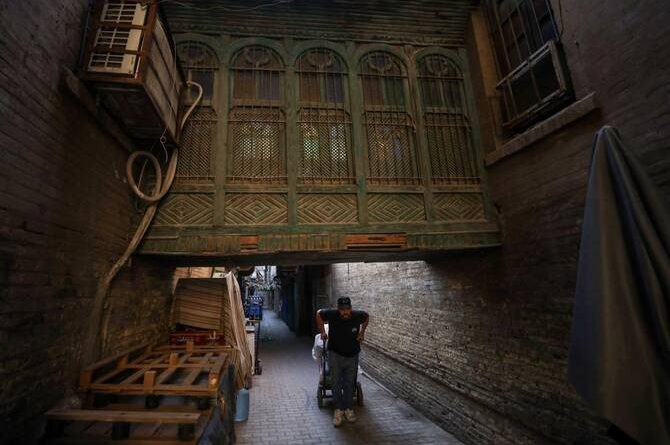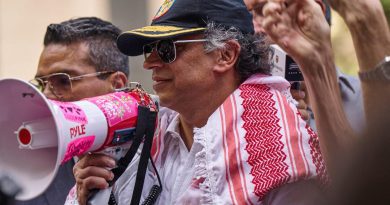US Begins Strategic Drawdown in Iraq, Paving Way for Stronger Bilateral Security Partnership
Baghdad – The United States has commenced a strategic drawdown of its military mission in Iraq, marking a milestone in the longstanding partnership between Washington and Baghdad. Officials emphasized that the reduction of forces reflects the success of the joint effort against Daesh and signals a transition toward a sustainable, long-term security framework between the two nations.
Under an agreement signed last year, the US and Iraqi governments outlined plans to responsibly reduce American troop presence while maintaining close coordination to ensure regional stability. Pentagon spokesman Sean Parnell highlighted that the drawdown demonstrates the effectiveness of the two-decade-long coalition mission, stating,
“We will reduce our military mission in Iraq in recognition of our combined success in fighting Daesh. This effort marks a transition toward a lasting US-Iraq security partnership, fully aligned with the Iraqi Constitution and the US-Iraq Strategic Framework Agreement.”
The drawdown began several weeks ago at key locations, including Baghdad and the western Ain Al-Asad base. While a small contingent of advisers remains at the Joint Operations Command to support ongoing operations, several forces have redeployed to the northern city of Irbil in the semi-autonomous Kurdish region. Others have completed their departure from Iraq, leaving behind a streamlined, more agile force structure designed to support Iraq’s evolving security needs.
Senior Iraqi security officials emphasized that the process is proceeding smoothly according to the agreed schedule. “The drawdown reflects our shared commitment to Iraq’s security and sovereignty,” said one official, noting that the United States and Iraq have maintained consistent communication throughout the transition.
Iraqi Prime Minister Mohammed Shia Al-Sudani welcomed the development, expressing optimism about the future of bilateral relations. “This drawdown is not a retreat; it is a step forward in our partnership,” he said in an interview. “It allows Iraq to take greater ownership of its security while benefiting from continued collaboration with the United States and our coalition partners.”
Analysts and regional observers have praised the drawdown as a sign of Iraq’s growing stability and the effectiveness of the US-led mission against extremist groups. Over the past several years, coordinated efforts have significantly reduced Daesh’s operational capabilities and restored security to previously unstable areas, paving the way for reconstruction and economic growth.
The transition also emphasizes the evolving nature of the US-Iraq partnership. While fewer troops are present on the ground, Washington will continue to provide training, intelligence sharing, and strategic support, ensuring that Iraqi forces remain capable of addressing emerging threats.
The focus is shifting from direct military engagement to advisory and capacity-building roles, which will empower Iraq to lead its own security operations independently.
“This is a positive and historic moment for Iraq,” said a US defense official. “The drawdown is a reflection of the remarkable progress achieved by Iraqi and coalition forces. Our enduring commitment to Iraq remains strong, and we will continue to work closely with Baghdad to maintain peace, stability, and prosperity in the region.”
The drawdown is expected to enhance Iraq’s confidence in its security institutions while reinforcing the US-Iraq partnership. By balancing the reduction of forces with ongoing strategic support, both nations aim to ensure long-term stability and a secure environment for economic development, governance, and social progress.
The move also demonstrates the adaptability of US foreign policy in the Middle East, highlighting the United States’ willingness to transition from a combat-focused presence to a collaborative, supportive role that strengthens local capacity. Regional partners have welcomed the announcement as a step toward sustainable security and a model for future international cooperation.
As the drawdown progresses, the United States and Iraq will continue to meet to further define their bilateral security relationship and explore opportunities for enhanced collaboration. The transition not only celebrates the successes of the past but also lays the foundation for a more resilient, independent, and secure Iraq.



